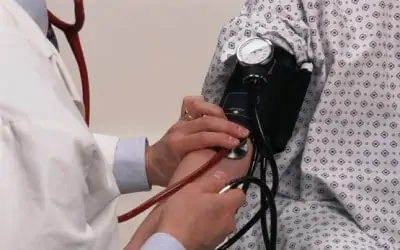
Hypertension refers to blood pressure that is higher than normal. Normal blood pressure is about 120/80. Hypertension is diagnosed when three or more blood pressures are 140/90 or greater. Most cases of hypertension occur by itself without any cause. This is called essential hypertension. High blood pressure caused by some other disease or condition is called secondary hypertension. Most cases of secondary hypertension are caused by hormonal or kidney problems.
There are no clear causes of essential hypertension, but it is known that gender, age, race and heredity can play an important role in the development of hypertension. Exactly how these factors play a role is not fully understood. Many different factors can cause increased blood pressure such as: obesity, smoking, alcohol use, excessive caffeine intake, stress, and high sodium diet.
Generally, hypertension may have no specific symptoms for years until there is damage to different organs. Sometimes the first symptom is a heart attack or stroke. Symptoms of severe hypertension may include headache, dizziness, rapid or irregular heartbeat, fatigue, chest pain, erectile dysfunction (impotence), and shortness of breath.
Making the diagnosis of hypertension is easy if you get regular check ups by your doctor.
Untreated high blood pressure is dangerous because the heart has to work much harder to keep blood flowing. It is very important to diagnose hypertension early before the development of heart problems, kidney damage, and stroke.
The initial treatment for mild hypertension is life style modifications. This includes maintaining a low sodium diet, weight loss (if over weight), smoking cessation, limiting alcohol and caffeine consumption and stress management. If life style changes are not effective in controlling hypertension, one or more medications may be needed to control blood pressure and prevent or delay complications. The goals of treatment are to lower blood pressure to a normal level and to reduce your risk of heart disease, kidney disease and stroke.
In summary, hypertension is a manageable disease if diagnosed early in the disease process. Routine check ups and lifestyle modifications is the best prevention. However, if you are diagnosed with hypertension: following your doctor’s advice, taking your medication as prescribed, regular exercise, decreasing alcohol intake, and quitting smoking can help decrease your risk of complications.
